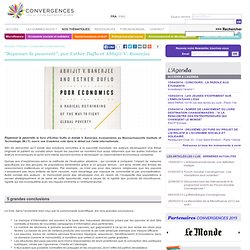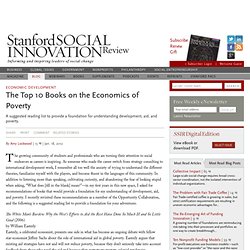

On entend l'arbre tomber mais pas la forêt pousser: Amazon.fr: Nicolas Bouzou. Creating Innovators: The Making of Young People Who Will Change The World – now available! Catalogue copy from the publisher (Scribner/Simon & Schuster): From a prominent educator, author, and founder of Harvard’s Change Leadership Group comes a provocative look at why innovation is today’s most essential real-world skill and what young people need from parents, teachers, and employers to become the innovators of America’s future.

I N T H I S G R OU N D B R E A K I N G B O O K , education expert Tony Wagner provides a powerful rationale for developing an innovation-driven economy. He explores what parents, teachers, and employers must do to develop the capacities of young people to become innovators. In profiling compelling young American innovators such as Kirk Phelps, product manager for Apple’s first iPhone, and Jodie Wu, who founded a company that builds bicycle-powered maize shellers in Tanzania, Wagner reveals how the adults in their lives nurtured their creativity and sparked their imaginations, while teaching them to learn from failures and persevere. Buy the book. Gamestorming: A Playbook for Innovators, Rulebreakers, and Changemakers (9780596804176): Dave Gray, Sunni Brown, James Macanufo. Mouvement des entrepreneurs sociaux.
Les Livres. La semaine de 4 heures : Travaillez moins, gagnez plus et vivez mieux !: Amazon.fr: Timothy Ferriss. Appli6.hec.fr/amo/Public/Files/Docs/167_fr.pdf. Vingt Propositions pour Réformer le Capitalisme: Amazon.fr: Giraud Gael, Renouard Cécile. "Repenser la pauvreté", par Esther Duflo et Abhijit V. Banerjee. Repenser la pauvreté, le livre d’Esther Duflo et Abhijit V.

Banerjee, économistes au Massachussetts Institute of Technologie (M.I.T), ouvre une troisième voie dans le débat sur l’aide internationale. Afin de démontrer qu’il existe des solutions concrètes à la pauvreté mondiale, les auteurs développent une thèse originale et partent du constat selon lequel les pauvres se montrent tout aussi rationnels que les autres individus et acteurs économiques et qu'ils sont même souvent enclins à développer un raisonnement économique complexe.
Quinze ans d’expériences selon la méthode de l'évaluation aléatoire - qui consiste à comparer l’impact de mesures spécifiques sur des groupes de populations semblables grâce à un groupe témoin - ont ainsi révélé des formes de raisonnement inattendues et originales. Par exemple, ce n'est pas pour des raisons religieuses que les pauvres n’emmènent pas leurs enfants se faire vacciner, mais davantage par manque de commodité et par procrastination.
The Top 10 Books on the Economics of Poverty. A suggested reading list to provide a foundation for understanding development, aid, and poverty.

The growing community of students and professionals who are turning their attention to social endeavors as careers is inspiring. As someone who made the career switch from strategy consulting to international development work, I remember all too well the anxiety of trying to understand the different theories, familiarize myself with the players, and become fluent in the languages of this community. In addition to listening more than speaking, cultivating curiosity, and abandoning the fear of looking stupid when asking, “What does [fill in the blank] mean?” —in my first years in this new space, I asked for recommendations of books that would provide a foundation for my understanding of development, aid, and poverty.
I recently revisited these recommendations as a member of the Opportunity Collaboration, and the following is a suggested reading list to provide a foundation for your adventures. Repenser la pauvreté: Amazon.fr: Abhijit V. Banerjee, Esther Duflo, Julie Maistre.